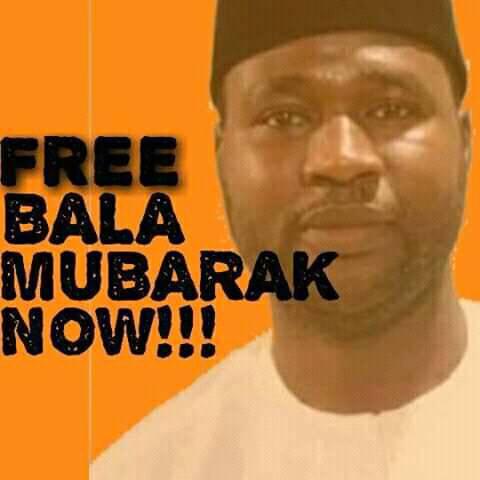As the campaign for increased involvement in the forthcoming Nigeria General Elections began in earnest, I have oftentimes heard young people say that their participation in the elections will not amount to any effect on the results. They argue that the results are already decided by a group of ‘Cabals’, while they find support for this school of thought in the dominance of election malpractices in the form of parallel voting, vote buying, intimidation through thuggery and electoral violence amongst others which have become popular in elections in Nigeria.
Even though the presence of these malpractices are evident in our electioneering process, I still hold that the cabals, as they have been often referred to, are not all-powerful. In fact, I think believe that the major strength of these cabals is in propagating the idea that the outcome of elections have been finalised before the elections by a cabal and their conclusions cannot be altered. By this, the educated and informed populace who would most of the time vote against their anointed candidates are kept away from the polling booths.
This section of the society comprises mainly of young people in the urban areas. This will see that higher number of votes are recorded in rural communities where votes can be bought and election results doctored. A close look into statistics of elections will reveal the pseudo nature of the power wielded by these cabals.
First let’s study the 2015 Governorship elections in Ogun State where I live:
The population of Ogun State in 2015 was estimated to be 5.2 million and the figure is likely higher seeing that the last census was conducted in 2011. However, of this population only about an estimated 3.8 million were eligible to vote.
At this 2015 election, 1,759,754 (46.3% of eligible voters) registered to vote while 53.7% were unregistered. While on the election day, only 5.78% of eligible voters showed up to vote at the polling units. The total valid votes for the election were 578,373 making 11.12% of total population deciding for the other 88.88%. By the way, the winner had only 301,000 votes.
This 11.12% were mainly old people or rural settlers. The remaining 4,621,760 of us, younger people, sat in front of our TVs and computers posting our invalid votes online.
We all know that parallel voting and rigging took place in remote places which added to the 578,378 valid votes but a fraction of that is about all the cabal can do and nothing more.
A whopping 4.6 million votes were wasted at home. No cabal can make that figure. Ever! We see the cabal story is a makeup tale to keep you away from the ballot boxes. These election riggers cannot predict the turnout of voters in other more open polling centres, they can only try their best in their colonised remote centres to add to the 11.12%. The bigger power is with you and I, the citizens. This is actually because according to the Nigeria Bureau of Statistics, the majority of our population (106,257,431 people) is between the ages of 15 and 64.
Also, in the 2015 Presidential Elections, we see the same trend. Nigeria’s population was estimated to be 193,392,517 out of which about 68,833,476 were eligible to vote.
Long story short, 29,432,083 valid votes were counted with 844,519 void votes (who does that!)
Leaving the choice of our president to just 16.24% of us to make. Again there were valid reports of minors voting, parallel voting, and ballot box snatching. All that to include the genuine votes made just 16.24%.
You see that the cabal is as powerless as an ant when we decide to act. With 16.24% the incumbent Dr. Goodluck Ebele Jonathan (with 12,853,162) was dislodged by General Mohammadu Buhari (with 15,424,921) with a margin of 2,571,759 votes.
This analysis is geared towards encouraging participation, especially of the younger population in the forthcoming 2019 general elections. INEC has so far registered over 84 million “Nigerians” better than the 69 million mark of 2015.
The statistics per region as at August 2018 is as given below:
1). South South – 11,101,093
2). South East – 8,293,093
3). South West – 14,626,800
4). North East – 9,929,015
5). North Central – 10,586,965
6). North West – 18,505,984
Total number of registered voters as at August 15, 2018 = 86,627,104
This goes to show that the true power to determine the occupants of political positions in Nigeria is the awakened and participating youth force. Nigeria needs the young people to get involved in politics and governance.
The period of the Continuous Voters Registration (CVR) ended in August 2018. If you registered to vote, you can actually clap for yourself.
The next national responsibility that lies on your shoulders now is to ensure you collect your Permanent Voters Card and show you at your polling centre to vote for the candidates of your choice.
To a better Nigeria, Cheers!




Leave a Reply